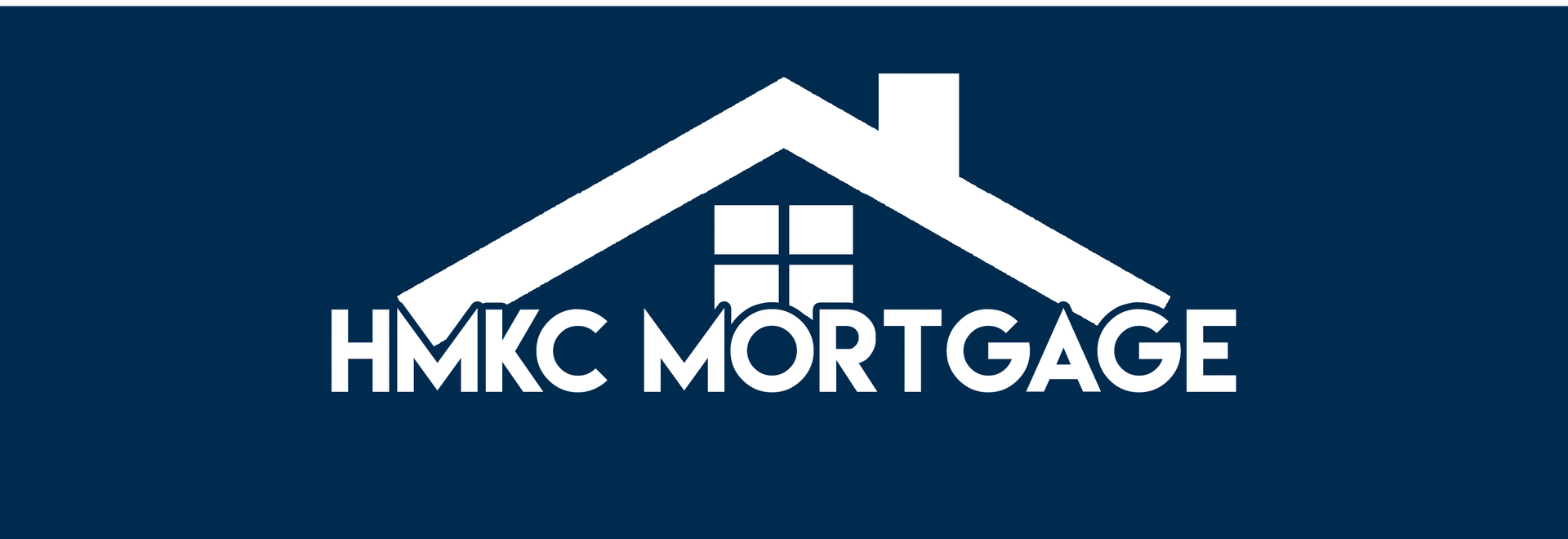Facing Mortgage Decisions in 2025
In 2025, homebuyers are confronted with tougher mortgage decisions than ever before. As interest rates remain high, approximately 90% of buyers are leaning towards 30-year fixed-rate mortgages to help manage monthly expenses. This blog aims to provide you with insight into both 30-year and 15-year fixed-rate mortgages so you can choose the best fit for your financial goals. Why Choose a 30-Year Fixed-Rate Mortgage?
Lower Monthly Payments
The primary reason many opt for a 30-year fixed-rate mortgage is the lower monthly payments. This allows for more manageable budgeting, making homeownership accessible even when rates are less favorable. Financial Flexibility
Opting for a 30-year term offers greater financial flexibility. Homeowners can allocate more funds to savings, investments, or home improvements rather than being tied to higher mortgage payments. The Trade-Off: Higher Interest Costs
The downside to the longer term is the additional interest paid over the life of the loan. While the monthly payments are more affordable, the total interest cost significantly outweighs that of a 15-year mortgage. When a 15-Year Fixed-Rate Mortgage Makes Sense
A Fit for High Income or Financial Goals
A 15-year fixed-rate mortgage could be ideal if you're in a position to handle higher payments and have a goal of saving over the loan's lifetime. This option means more of each payment is directed towards the principal, building equity quicker. Savings in Interest
Choosing a 15-year mortgage can result in tens of thousands of dollars saved in interest over the loan's term, making it an attractive option for long-term savings. Alternatives: Refinancing and Loan Recasting
Refinancing Your Loan
Refinancing offers flexibility—they allow you to switch from a 30-year to a 15-year term for faster payoff or vice versa to ease monthly payments when rates drop. Understanding Loan Recasting
Loan recasting is an option for those who make a large lump-sum payment, thus reducing future payments without altering the interest rate or term. This can be a smart move for those who receive a sudden windfall but prefer to keep their existing mortgage terms. Making the Right Choice for You
Ultimately, whether you opt for a 30-year or 15-year mortgage depends on your current financial situation and long-term plans. Remember, the choice you make today isn't permanent. Tools like refinancing and recasting ensure your mortgage can adapt as your financial landscape changes. It’s advisable to consult a mortgage expert who can help you define a strategy that aligns with your personal goals and lifestyle.

